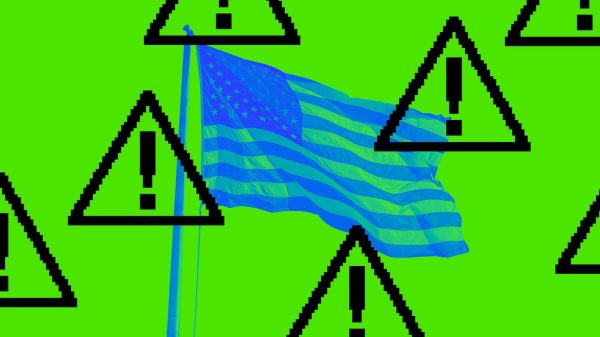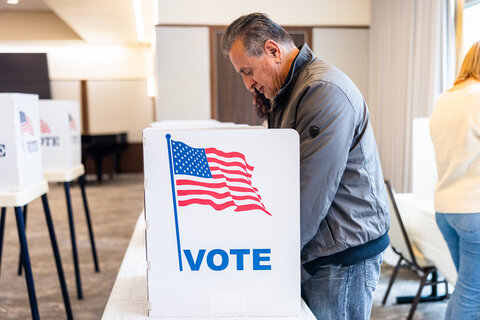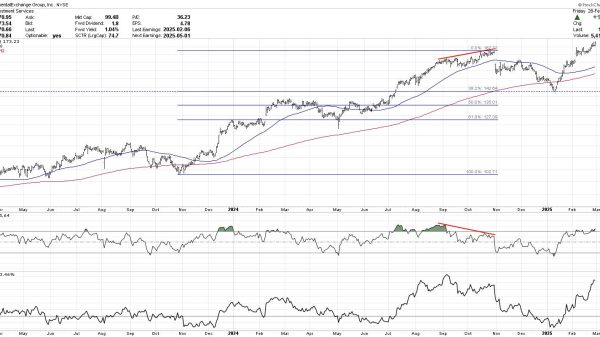Jeffrey Miron and Jacob Winter
In January 2023, British Columbia decriminalized possession of small amounts of some drugs. Last month, the province recriminalized possession in public spaces. This is a mistake.
An upcoming election has motivated politicians to blame decriminalization for rising public drug use. But it’s not clear public use has risen; data are scare, and police officials have said conflicting things about public use trends. Moreover, the death rate so far this year is down relative to the previous three years.
Reversing decriminalization is a mistake partly because authorities are not giving the policy enough time to produce the data necessary for its evaluation. Canada began drug prohibition over 100 years ago, and it’s clearly not working. Opioid overdoses have claimed more than 42,500 lives in Canada since 2016. Now, less than a year and a half into decriminalization, authorities are abandoning it.
We agree that decriminalization is not the ideal policy—because it doesn’t go far enough.
In 2022, we wrote about Oregon’s decriminalization policy, which the state unfortunately rolled back in April. Like Oregon, British Columbia decriminalized the possession of drugs without legalizing supply. As we pointed out with Oregon:
This means most standard harms from underground markets are likely to remain.
Prohibition encourages violence because illicit suppliers cannot use the legal and judicial systems to resolve disputes.
Prohibition also incentivizes high potency products because traffickers can more easily conceal these from law enforcement. Most consumers cannot easily assess potency because reliable suppliers cannot legally advertise, and consumers cannot sue over faulty or mislabeled products. So accidental overdoses from high potency drugs, especially those laced with fentanyl, are common under prohibition.
The Canadian government seems to recognize that prohibition makes the drug supply far more dangerous. It funds “safer supply” services throughout the country where doctors prescribe “medications as a safer alternative to the toxic illegal drug supply to people who are at high risk of overdose.”
This initiative has the right idea but misses the mark. Canada should make its entire drug supply safer by legalizing the manufacture, distribution, sale, and use of drugs.
























